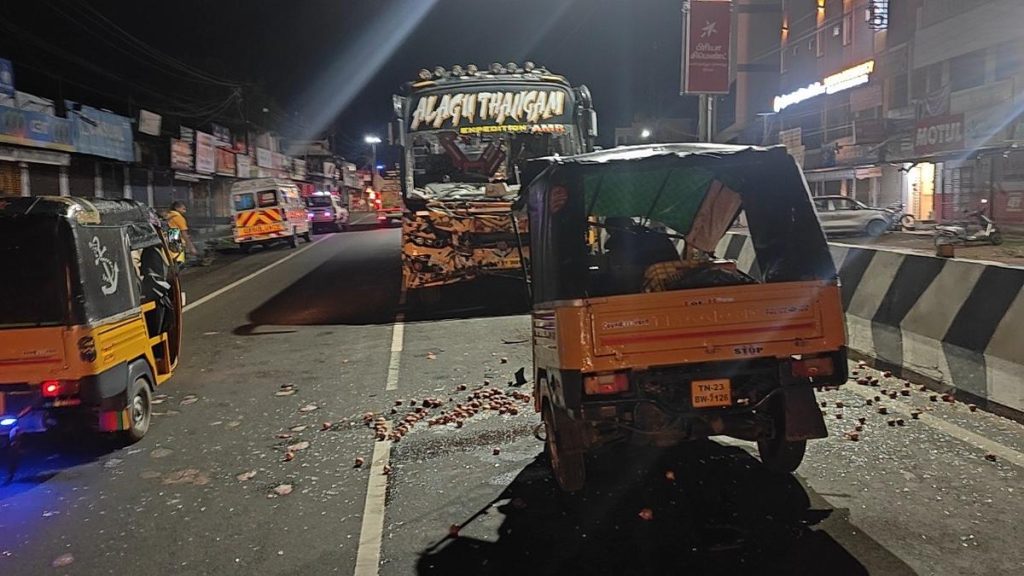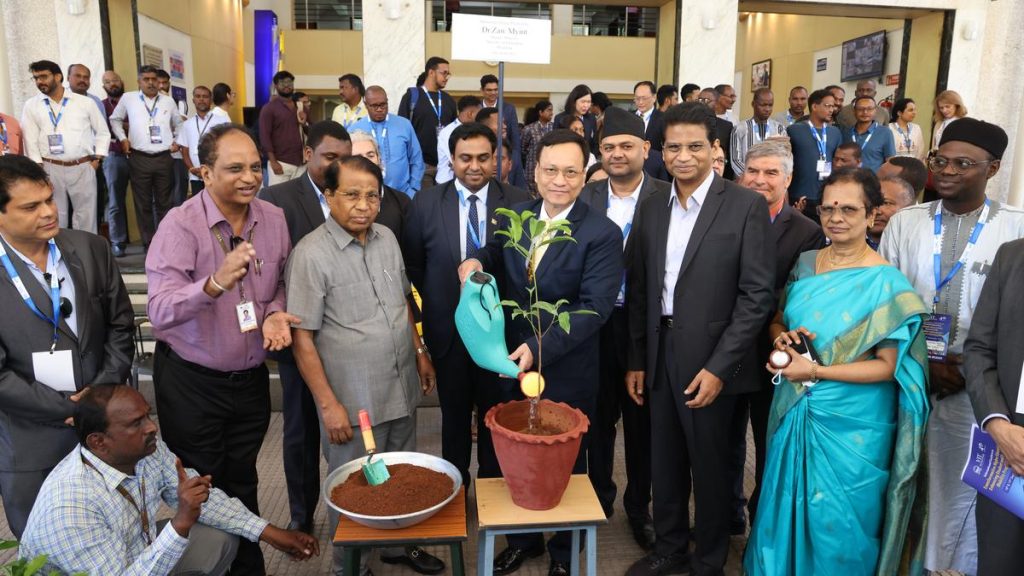Now Reading: Centre-State Standoff Puts Hyderabad Metro Phase 2 on Hold
-
01
Centre-State Standoff Puts Hyderabad Metro Phase 2 on Hold
Centre-State Standoff Puts Hyderabad Metro Phase 2 on Hold

Speedy Summary
- The proposed 76.4 km Phase 2 expansion of Hyderabad Metro Rail (HMR) faces delays due to differences between the Centre and State over integrating Phase 1.
- integration hinges on financial issues involving L&T Metro Rail Hyderabad (L&TMRH), which cites losses and is seeking a viable exit strategy.
- Key options for the State government include:
– Taking over L&TMRH’s equity stake (~₹7,000 crore).
– Providing important financial support, such as releasing a soft loan (₹3,000 crore promised; only ₹900 crore disbursed earlier).
– Allowing L&TMRH to monetise real estate assets under its concession agreement (~₹2,500 crore estimate).
- The Centre has not released ₹254 crore of Viability Gap Funding promised during Phase 1 implementation despite earlier approvals for ₹1,458 crore under Public-Private Partnership mode.
- L&TMRH delayed acquiring additional train sets and cited poor ridership trends partly due to women’s free bus travel schemes initiated by the State Government.
- Metro projects in other cities like Chennai successfully progressed after years of planning; tenders in Andhra Pradesh cities add pressure on BJP leaders to ensure Hyderabad’s progress is not overlooked.
Indian Opinion analysis
The delays in implementing Phase 2 of the Hyderabad Metro highlight systemic challenges in public infrastructure projects that rely on Public-Private Partnerships (PPP) models. Financial distress faced by private operators like L&T indicates that high-cost commercial loans combined with marginal returns hinder long-term sustainability without strong governmental intervention.
The standoff between the Centre and Telangana shows how political coordination impacts urban infrastructure aspirations even when prior investments exist-as seen with pending Viability Gap Funding for Phase 1 despite partial implementation success.
Phase-wise metro integration across India frequently enough involves complex multi-year negotiations; though, Hyderabad’s delayed approvals could disadvantage its growth when juxtaposed against competing metros in Andhra Pradesh or tamil Nadu receiving priority funding or final clearances from multilateral partners via sovereign guarantees-highlighting gaps in equal project prioritization.
Ensuring timely resolution aligns national goals towards reducing urban congestion through enhanced public transport while balancing federalism concerns around equitable resource allocation nationwide.
Read more: Published – September 18, 2025
























